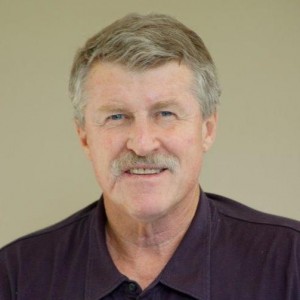Lifestyle, environment and chronic disease – a confluence of causes
This is the fifth and final part in a short series of interviews with the esteemed folk who spoke on August 11 at ‘An Evening with Dr David Katz. Lifestyle, environment and chronic disease: a confluence of causes.’ Co-hosted by the Australasian Society of Lifestyle Medicine and the Charles Perkins Centre.
We find out what led them to their current field and what their thoughts are on recent health movements. And, just for good measure – as Roman poet, Ovid, said, “In our leisure we reveal what kind of people we are” – we look for a small insight into who they are outside of their work.
Professor Garry Egger is known around the world as one of the pioneers of Lifestyle Medicine. With a career in public, corporate and clinical health spanning four decades, Garry has authored over 30 books and more than 160 peer-reviewed scientific and research articles. He now runs training programs in Lifestyle Medicine for doctors and allied health professionals around Australia and the Pacific. Here’s what the epidemiologist, and our very own Vice President, had to say:

What drew you to the area of Lifestyle Medicine?
I came out of health promotion/epidemiology following Western epidemics all my life. Docs didn’t identify with health promotion because it lacked the term ‘medicine’, so we changed it to Lifestyle Medicine.
With ‘clean eating’ and ‘fitspiration’ all the rage, people feel like they are being bombarded with healthy lifestyle messages. Why do you think this trend is not reflected in society’s health?
It is – but only in those sections of society who are socio-economically able to do it. It’s an aspiration for others, but too many things (like life) get in the way. Plus, they are bombarded with commercial impetus to consume (and be happy… please?).
If you could address only one of the barriers facing a shift towards preventative health, what would it be?
Privately sponsored election campaigns, because lobbyists (of all types) then totally influence the political agenda – which is not health. I strongly support publicly funded election campaigns.
Do you think health professionals should be more concerned with social justice issues?
Definitely, as social inequity is one the distal determinants of chronic disease (with the NASTIE MAL ODOURS acronym).
You have 3 hours of completely uninterrupted time; how do you spend it?
Walking, kayaking, reading, and writing.
What is your go-to breakfast?
Oats and fibre.
Read more and watch the talks at An Evening with Dr David Katz – Lifestyle, environment and chronic disease: a confluence of causes.



